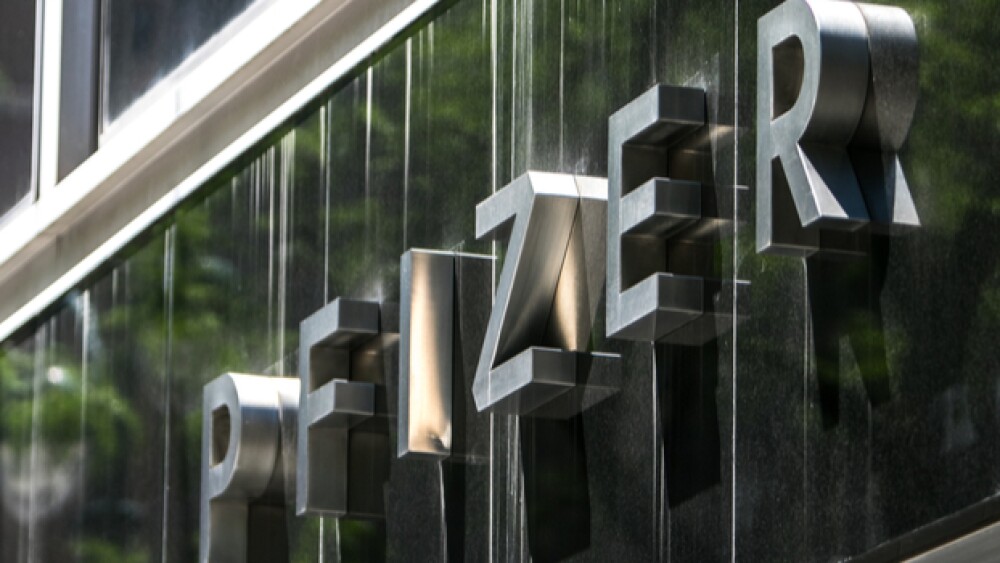A team of more than 60 scientists and bioethicists have signed a letter urging Pfizer to wait until late November before the company seeks FDA authorization of its COVID-19 vaccine candidate in an effort to ensure rigorous safety standards have been met.
Roman Tiraspolsky/Shutterstock
A team of more than 60 scientists and bioethicists have signed a letter urging Pfizer to wait until late November before the company seeks FDA authorization of its COVID-19 vaccine candidate in an effort to ensure rigorous safety standards have been met. A spokesperson from Pfizer has since said the company is working on a response to the letter, which has now been verified by six signatories.
The COVID-19 vaccine was born from a joint collaboration between Pfizer and BioNTech. Earlier this month, Pfizer signed a pledge asserting that it would not circumvent appropriate manufacturing and clinical trial protocols on their COVID-19 vaccine. However, both Pfizer and BioNTech claim the vaccine is on track for submission for regulatory review as early as October.
While this submission will place Pfizer ahead of Moderna and AstraZeneca, both of whom are also on the fast-track with their own COVID-19 vaccine candidates, concerned scientists suggest it is too soon to determine whether potential serious risks exist with the vaccine.
According to the letter, researchers suggest Pfizer’s vaccine trial should monitor participants for at least two months following the second dose. If Pfizer were to follow this recommendation, it would bring the company to at least late November before an emergency use authorization (EUA) could even be considered by the FDA.
“To be successful, the public needs to have the utmost trust in the vaccine and the science behind it,” the scientists wrote in the letter, obtained by Bloomberg Law. “Submission of an application for an EUA before this standard is met would severely erode public trust and set back efforts to achieve widespread vaccination.”
The scientists also noted that an application submitted before all safety requirements are met “would prolong the pandemic, with disastrous consequences.”
Recommendations in the letter would likely place Pfizer’s COVID-19 vaccine on the market following the November 2020 presidential election. Although several reports have already highlighted concerns around the White House and Trump Administration’s alleged considerations to override stringent EUA guidance and rush a COVID-19 vaccine before the election, the letter submitted to Pfizer did not mention or echo these political interference issues.
Pfizer recently announced that it has submitted to the FDA an amended protocol that will expand its enrollment of their Phase III COVID-19 vaccine trial to up to 44,000 participants. The new protocol will also include greater population diversity, including adolescents and patients with chronic-yet-stable HIV, hepatitis C and hepatitis B infection. Although the expanded sample may improve the quality of the safety and efficacy data, the researchers who signed the new letter insist a longer follow-up period is still necessary to determine safety in this larger population.
The letter was signed by researchers and scientists from diverse public health backgrounds, including: Joshua M. Sharfstein, the vice dean for public health practice and community engagement at Johns Hopkins University and former second-in-command at the FDA; Esther K. Choo, an Oregon Health & Science University emergency medicine physician and professor; and Jeffrey R. Botkin, a professor of pediatrics and medical ethics at the University of Utah.





